Question And Answer
Publications
Articles, publications, books, tools and multimedia features from the U.S. Institute of Peace provide the latest news, analysis, research findings, practitioner guides and reports, all related to the conflict zones and issues that are at the center of the Institute’s work to prevent and reduce violent conflict.
On the Issues: North Korea
The White House said North Korea had taken "a serious step in the wrong direction" when the regime expelled international inspectors from the country and announced it would restart its nuclear program. USIP’s John S. Park provides regional context to the latest developments.
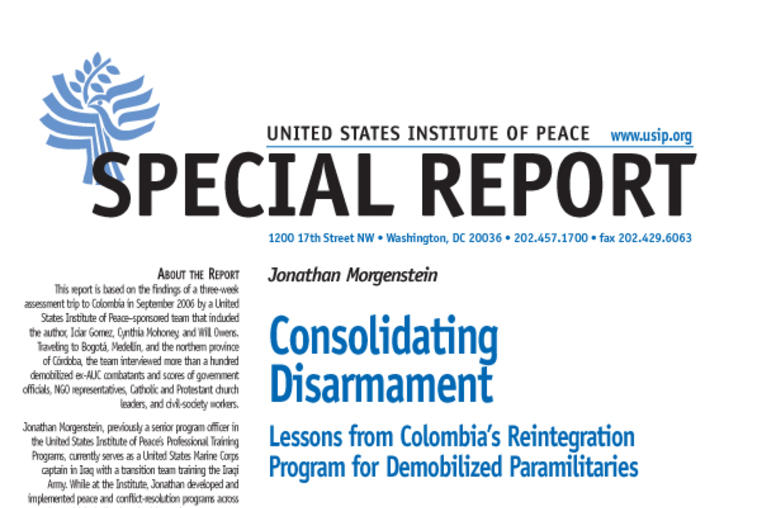
Consolidating Disarmament: Lessons from Colombia’s Reintegration Program for Demobilized Paramilitaries
An essential component of any post-conflict stabilization program is the permanent dismantlement of armed groups and their fruitful absorption into civilian society—this process is known as disarmament, demobilization, and reintegration. Although Colombia continues to wrestle with violent conflict at the hands of multiple armed factions, the country embarked on a major DDR program in 2003 with the goal of permanently ending the threat of violence from one of those armed factions—the United Se...
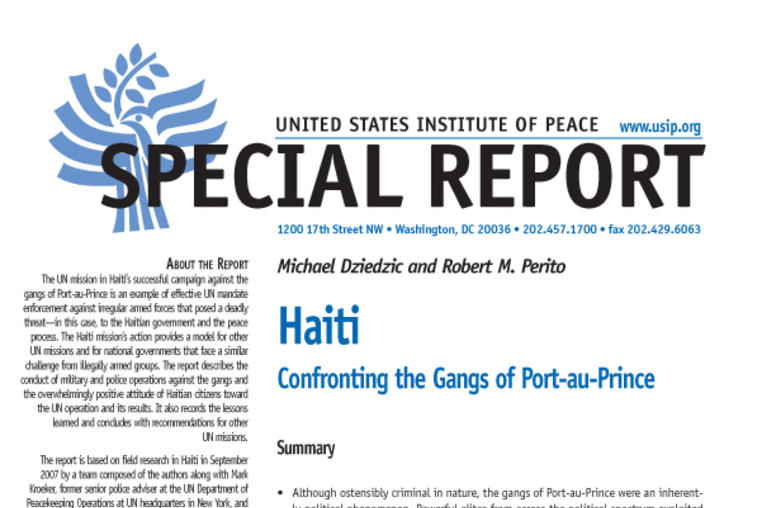
Haiti: Confronting the Gangs of Port-au-Prince
The UN mission in Haiti's successful campaign against the country's gangs set a precedent for future missions. Based on field research, authors Michael Dziedzic and Robert Perito explore the conduct of military and police operations, Haitians' overwhelmingly positive views of the UN intervention and lessons learned.
On the Issues: North Korea
What are the repercussions of Pyongyang's and Washington's recent steps on the nuclear issue? Is this a major shift or a calculated short-term move? Read analysis from Senior Fellow John S. Park.
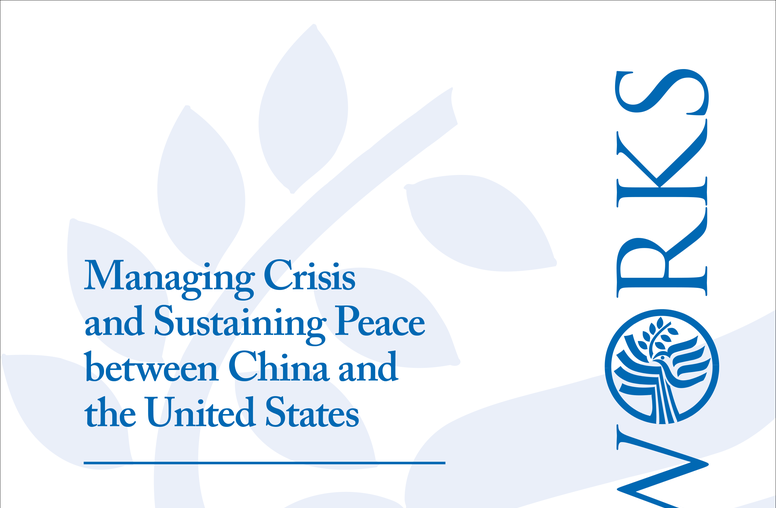
Managing Crisis and Sustaining Peace between China and the United States
A series of crises have strained relations between the People’s Republic of China and the United States since the end of the Cold War. Although none of these crises led to direct military hostilities, they have had an adverse impact on bilateral relations and portend future such crises between the two countries. To determine how best to mitigate such crises in the future, it is important to study these recent crises and identify the positive and negative responses and actions of both governm...
A World Without Nuclear Weapons: The International Dimension
On Tuesday, March 6, 2008, USIP hosted a wide-ranging discussion entitled "A World Without Nuclear Weapons: The International Dimension." The panelists included Ambassador Max Kampelman, distinguished lawyer, diplomat, and educator, as well as former vice chairman of the Institute’s board of directors; George Perkovich, vice president for studies – global security and economic development, at the Carnegie Endowment for International Peace; and Ambassador James Goodby, research fellow at the H...
Disabling DPRK Nuclear Facilities
While the October 3, 2007 Six-Party Talks accord outlines a roadmap for the disablement of North Korea’s core nuclear facilities, the specific details of the nuclear disablement process are still being developed. USIP’s Korea Working Group commissioned this Working Paper in order to facilitate a better understanding of nuclear disablement.
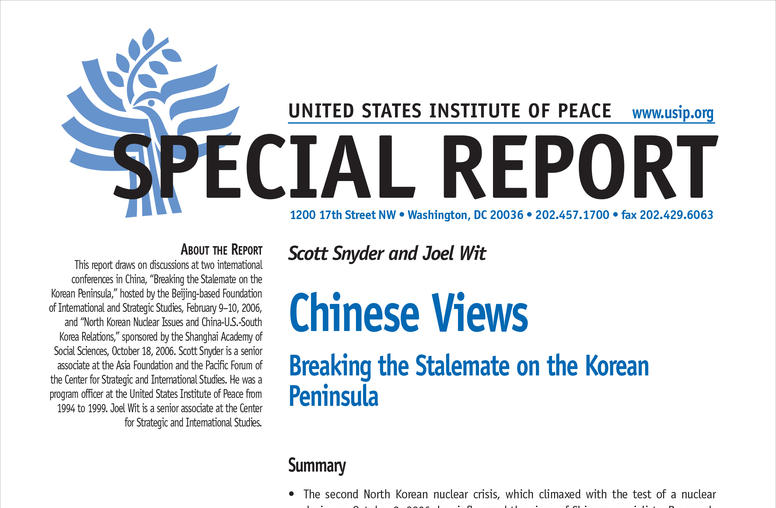
Chinese Views: Breaking the Stalemate on the Korean Peninsula
Drawing on two international conferences recently held in China, this report explores the influences relationships such as that between the U.S. and China have on the Korean peninsula.

Generals in the Cabinet Room
Israel’s foremost analyst of civil-military relations identifies and investigates a dramatic shift of power within Israel’s political system. Where once the military was usually the servant of civilian politicians, today, argues Yoram Peri, generals lead the way when it comes to foreign and defense policymaking.
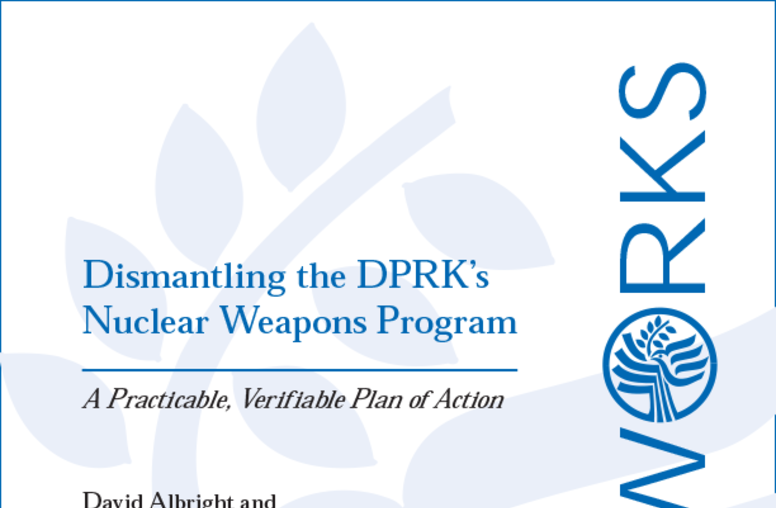
Dismantling the DPRK's Nuclear Weapons Program: A Practicable, Verifiable Plan of Action
Verified dismantlement of the nuclear weapons program of the Democratic People's Republic of Korea (DPRK) can be accomplished successfully. Although difficulties abound in reaching an agreement with the DPRK to achieve this goal, the methods and steps involved in the dismantlement process are well understood.